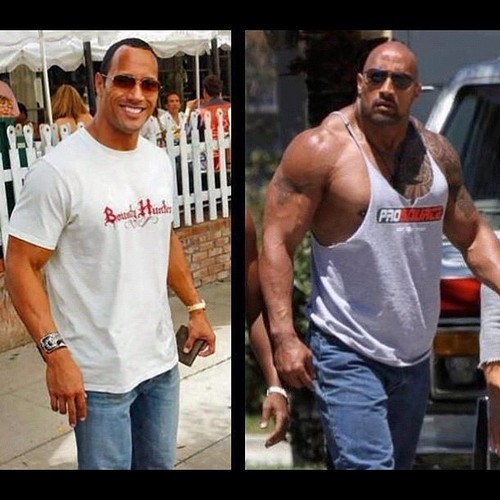Renu’s journey into the conflict between the head, the heart and the crotch. Hmmm, that’s a weird thing to say, right? Well… no it is, it’s weird–but I never let that stop me from saying whatever’s in my head.
Fierce in her beliefs and true to her art, if Renu’s released a new album it’s because she’s damn well ready to release a new album, and has planted her vision as fully as is possible.
It makes me smile to identify footprints audible in Midnight Radio that she has left throughout They Dance in the Dark. There’s much of that DNA in Queen of Heaven, and I love that–in the delay on Always You–in the spoken word. Water into Words is a good example of what I like about Renu’s style of composition, she puts as much effort into choreographing the slides from section to section as she does in the chorus.
When the EDM vibe is absent, the style is born from geo-political experimentation with a European, straight-edged bass and drum ensemble core and an arabic folk-twist with some beautiful vocals.
Always You got deserved playtime on 6 Music, and also is a proper good EDM tune. Sern Nos is what this album is about, it’s got the barebone, archetypal soul of this album. Throughout the album is a scattering of electronic phrases from the ages, vocal padding as in Chicane’s trance classic Saltwater, drums bit-squashed like IDM from the turn of the millenium in Raised Heavy with that disjointed cerebral IDM drum pattern. Even some guitar tone/effect akin to Radiohead in To the Mountain and Linkin Park in Raised Heavy.
Renu is exceptional at producing with vocal layers. She handles delicate, cracking and ‘overtonal’ sonic qualities as well as anyone I’ve heard.
When Renu gets outspoken with her production is where she seems to shine the most in the more EDM of the tracks on They Dance in the Dark. ‘Salma…’ is throbbing with modulating lead synth. She shouldn’t shy away from pushing her sonic statements right to the top of the envelope. Occasionally I find it isn’t mixed to the kind of limits like I’d want, 1984 for example. Therein lies that conflict between the head, heart and crotch
*Must stop saying crotch, it’s becoming a thing*
In contrast, Queen of Heaven is unmistakeable in its intent and comes right from the crotch, but as Santana points out, you play with your head, heart, soul, god (I think?), and your ‘kahunas’.
Queen of Heaven rings with Renu’s signature string layers which don’t sit smugly, instead they speak with a pseudo-improvisation–an organic dynamism that permeated Midnight Radio. At a point the pace is allowed to drop before all the instrumentation comes back together, as orbiting particles, never quite getting away until they unite back in the groove. I could wax lyrical for ages about Renu’s ability to be understated and therefore say so much. It’s wonderful to listen to.
Now, I really like Boys and that slightly worries me, not for the obvious pun, but because on an album that’s described with as much gender politics as this is, I sort of worry there’s a hidden musical extended-metaphor. Am I reinforcing the mysognistic imbalance? Am I being subversively objectified? Am I patriarchy’s misguided flâneur? Is this white guilt? OK, I exaggerate…
‘Boys’ is a great finisher and ups the pace right at the end, with some awesome Bernard Hermann style strings. And with that, it is almost as though we’ve journeyed from the intro EDM of Always You on into Renu’s head and on into her heart and now we’re coming out from a deep dive, back to the dance floor where we’ll eventually be asked to kindly leave, with some disco synth and 4/4 kick.
Good fucking shit.


